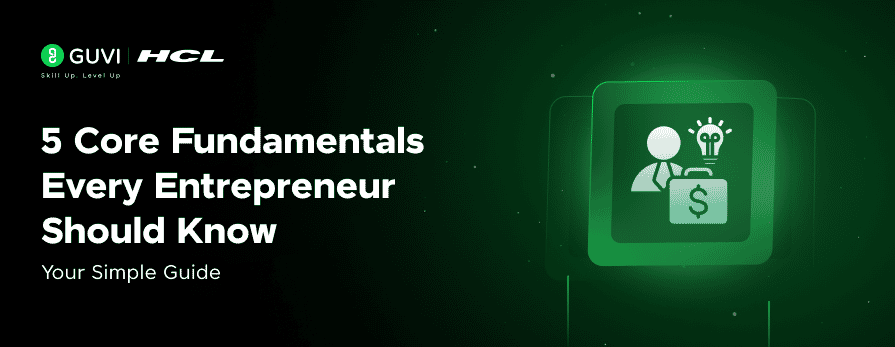
Mastering the Fundamentals of Entrepreneurship: From Idea to Execution
Oct 10, 2025 4 Min Read 1362 Views
(Last Updated)
For a while, only a while, let’s stop referring to entrepreneurship just as launching a startup or building the next big app. And let’s understand “What Entrepreneurship is” in a much clearer and nuanced way. This blog post breaks it down for you on the fundamentals of entrepreneurship, the do’s and don’ts, and how you can navigate this amazing ecosystem.

Table of contents
- What Entrepreneurship Is Not
- So What Is Entrepreneurship?
- 5 Core Fundamentals of Entrepreneurship every Entrepreneur must know
- Wrapping It Together
- FAQs
- What is the fundamental concept of entrepreneurship?
- What is the current situation of entrepreneurship in India?
- What is the entrepreneur trend in 2025?
- What is the importance of entrepreneurship?
- Why is it important to study entrepreneurship?
What Entrepreneurship Is Not
Before we understand what entrepreneurship demands, it’s critical to clarify what it is not.
Entrepreneurship is not a get-rich-quick scheme. It’s not about launching a startup for the optics, chasing valuation without validation, or relying on luck to strike virality.
It is often years of unglamorous work understanding user problems, refining imperfect solutions, making tough decisions with incomplete information, and delivering value consistently in a way that scales.
It requires heavy lifting, both strategic and operational, sustained over the years. It means staying accountable to users, even when growth is slow, ideas fail, and execution feels exhausting. If the goal is overnight success, this isn’t the path.
For example, someone might build a visually pleasing app, spend months refining the UI, and rely on marketing hacks to drive growth, without understanding the user’s actual pain point. However, without genuine feedback from actual users, no amount of polish can transform that idea into a viable business.
So What Is Entrepreneurship?
Entrepreneurship is the deliberate process of identifying a meaningful problem, creating a solution people are willing to pay for, and building a sustainable system (typically a business) that can deliver that solution repeatedly.
It’s a discipline rooted in problem-solving, value creation, and structured execution. Entrepreneurs are builders, decision-makers, and operators who take ownership of outcomes.
An entrepreneur is someone who doesn’t just ask, “What can I build?” but rather, “What problem is worth solving, and how can I do it better than anyone else?”
This distinction matters. Without the discipline to address a real need, even the most polished idea can drift aimlessly, lacking the foundation that turns effort into a viable enterprise.
5 Core Fundamentals of Entrepreneurship every Entrepreneur must know

- The Idea: Solve a Real Problem or Don’t Start
A business without a real problem to solve is destined to fail: 42% of startups fail for this exact reason, according to CB Insights. Your idea is your foundation. Here’s what it must include:
- Problem-first thinking: Ensure the problem is real, urgent, and felt by a large group.
- Simplicity over complexity: Great companies often stem from great ideas, but great doesn’t mean complex. The best ideas are often simple, but deeply rooted in real problems.
Take Ola, for instance. What set them apart was a strong idea shaped by personal frustration and everyday inconvenience. The founders experienced the lack of reliable mobility options firsthand, and they responded to a felt need.
That clarity gave birth to a business that now serves millions. Ola built a layered model including rentals, self-drive, and outstation services, all stemming from the same original insight: mobility in India was broken, and someone had to fix it.
- Originality with defensibility: Avoid clones; instead, build on unique user insights, emotional depth, or hard-to-replicate experiences.
- Layered thinking: Start from a core need and expand into services that naturally evolve from that insight.
- People: Build with the Right Team, Not Just Skills
Your idea might spark the journey, but your team powers it. Choosing who to build with can make or break your startup. Focus on:
- Trust over credentials: Choose co-founders or early teammates you trust deeply, not just those with impressive resumes.
- Cultural alignment: Hire those who believe in your mission; misalignment at the early stage is costly.
- Strategic partnership: A complementary co-founder can offset your blind spots and multiply decision-making clarity.
- Hiring discipline: Take your time to hire right. Avoid rushing into roles just to fill a seat.
- Early team impact: The founding team sets the tone for your culture, speed, and standards; get this right early.
- Customers: Talk to Them Before You Build Anything
The single biggest mistake early-stage founders make is assuming they know what customers want. They don’t. And neither do you, until you ask. One of the most critical entrepreneurship fundamentals is customer discovery. Building in a vacuum kills momentum. Instead:
- Engage before building: Speak to real users before designing, coding, or pitching.
- Ask the right questions: Go beyond preferences, dig into frustrations, routines, and unmet needs.
- Document patterns: Track common behaviors or complaints to validate recurring pain points.
- Learn how they currently cope: Understand how users are solving the problem today and what they dislike about those solutions.
- Build with insight: Let customer feedback shape the product so that you’re solving for a clear, felt demand.
- Business Model & Market: The Two Things That Keep a Startup Alive

A business that doesn’t know how it earns, from whom, or why, eventually runs out of resources, relevance, or both.
- The business model is the system that keeps your venture functional and focused. It defines how you deliver value to people and how that value gets converted into revenue. Without a working model, even the strongest idea becomes a distraction.
Here are five questions every founder must be able to answer clearly:
- Who is paying you?
- What exactly are they paying for?
- How do they find and buy your offering?
- What keeps them coming back?
- Is there enough margin to sustain and grow?
- Equally important is the market. Not just “who might use your product,” but who genuinely needs it and needs it now.
- The speed at which people make decisions, the urgency of their problem, and the volume of people facing that problem matter more than assumptions about potential.
Real traction starts when you’re solving a visible pain that users actively want removed.
- The Founder’s Operating System: The Mindset That Holds Everything Together
As an entrepreneur, especially in the early stages when there’s no playbook, no certainty, and no obvious answers, your mindset becomes the system everything else depends on. It influences how you respond to setbacks, how quickly you learn from mistakes, and how well you stay aligned with the problem you set out to solve.
- Learn fast, adapt faster: Treat learning as an always-on function, not a backup plan.
- Stay mission-aligned: Let purpose anchor you when external factors change.
- Build clarity under chaos: Your ability to simplify complexity is your advantage.
- Lead with self-awareness: Mindset impacts hiring, product decisions, pivots, and how you respond to failure.
Adaptability is not a trait you acquire later. It’s a foundational requirement from day one. Building something from zero means dealing with incomplete information, conflicting feedback, and repeated failure. Entrepreneurship is about how many times you’re willing to ask better questions, rework your assumptions, and rebuild with a sharper focus.
You can’t control market shifts, competitor moves, or external risks. But you can control how quickly you process what’s happening and what you do next. That operating system is built internally, and it runs everything else you build on top of it.
If you found these fundamentals helpful and you’re serious about building a real business, this is the right next step. IIT Delhi’s 9-month Executive Management Programme in Entrepreneurship Development is built exactly around these principles.
From customer discovery to market strategy, business models to funding-readiness, every session is designed to help you implement, not just learn. Check out now and start your journey today.
Wrapping It Together
This blog is a quick overview of what entrepreneurship actually looks like. And we have some good news: 2025 is a great time to give it a serious shot.
As of December 31, 2024, India crossed the 100-unicorn mark, reaffirming its position as one of the world’s fastest-growing startup ecosystems. This signals not just capital and opportunity, but also a maturing landscape where real problems are being solved at scale.
And there’s something else worth noting. While cities like Bengaluru, Hyderabad, Mumbai, and Delhi-NCR continue to lead the startup charts, the next wave of innovation is coming from unexpected places. Over 51% of India’s startups now come from Tier II and III cities. Entrepreneurship is no longer bound by geography – it’s driven by clarity, courage, and execution.
With a launchpad like HCL GUVI’s Entrepreneurship Programme in collaboration with IIT Delhi, navigating these early steps has become far more structured. Information is everywhere. You can spend days listening, reading, or watching others talk about building something. But unless that noise translates into focused action, it keeps you circling the starting line. What most aspiring entrepreneurs need isn’t more content, it’s clarity.
If you’re still wondering whether to begin or not: maybe it’s time to stop asking and start building.
FAQs
1. What is the fundamental concept of entrepreneurship?
Entrepreneurship means finding a problem or need, coming up with a smart solution, using the right people and tools, taking risks, and building something valuable like a product or service.
2. What is the current situation of entrepreneurship in India?
India’s startup ecosystem is thriving with 159,000+ DPIIT-recognized ventures and 112 unicorns. Rapid growth in FinTech, edtech, deeptech, and Tier-2/Tier-3 cities signals huge untapped opportunities ahead.
3. What is the entrepreneur trend in 2025?
In 2025, entrepreneurs prioritize AI-driven ventures, deep‑tech, digital health, sustainability, and D2C across urban and Tier‑2/3 hubs. Starting a business is easier, thanks to democratized tools and lower costs.
4. What is the importance of entrepreneurship?
Entrepreneurship creates jobs, brings new ideas to life, boosts the economy, and improves people’s lives. It helps solve real-world problems and builds a stronger, more self-reliant society.
5. Why is it important to study entrepreneurship?
It helps you think smart, spot real opportunities, manage risks, and use resources wisely. You gain practical skills to build new ideas, start businesses, and make a real-world impact.


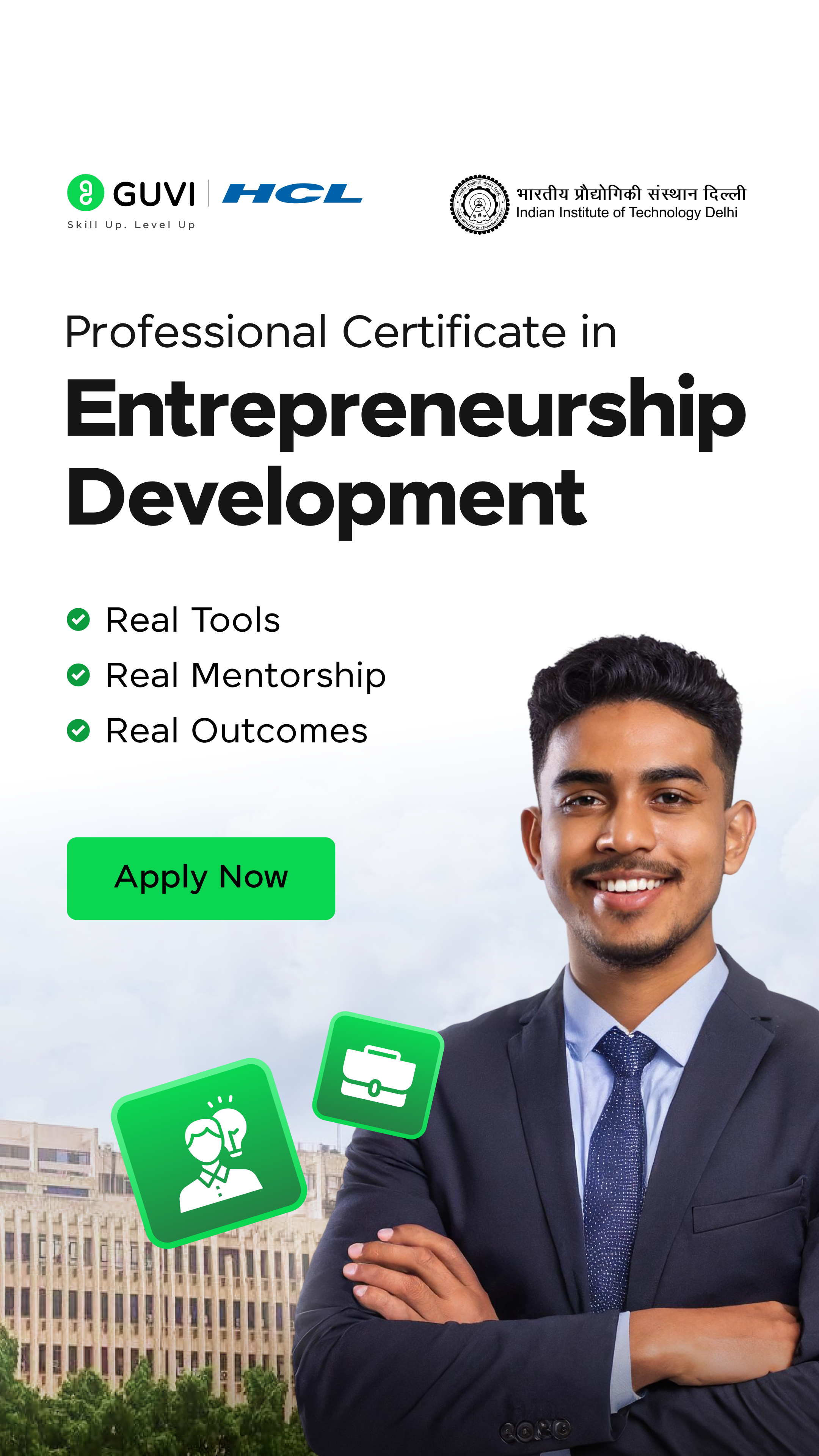





















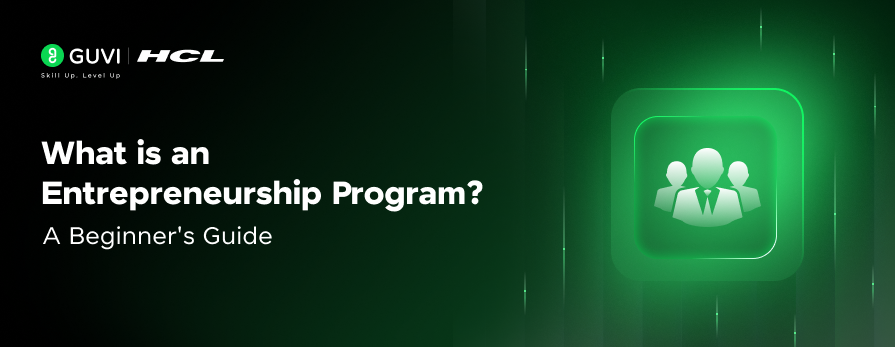
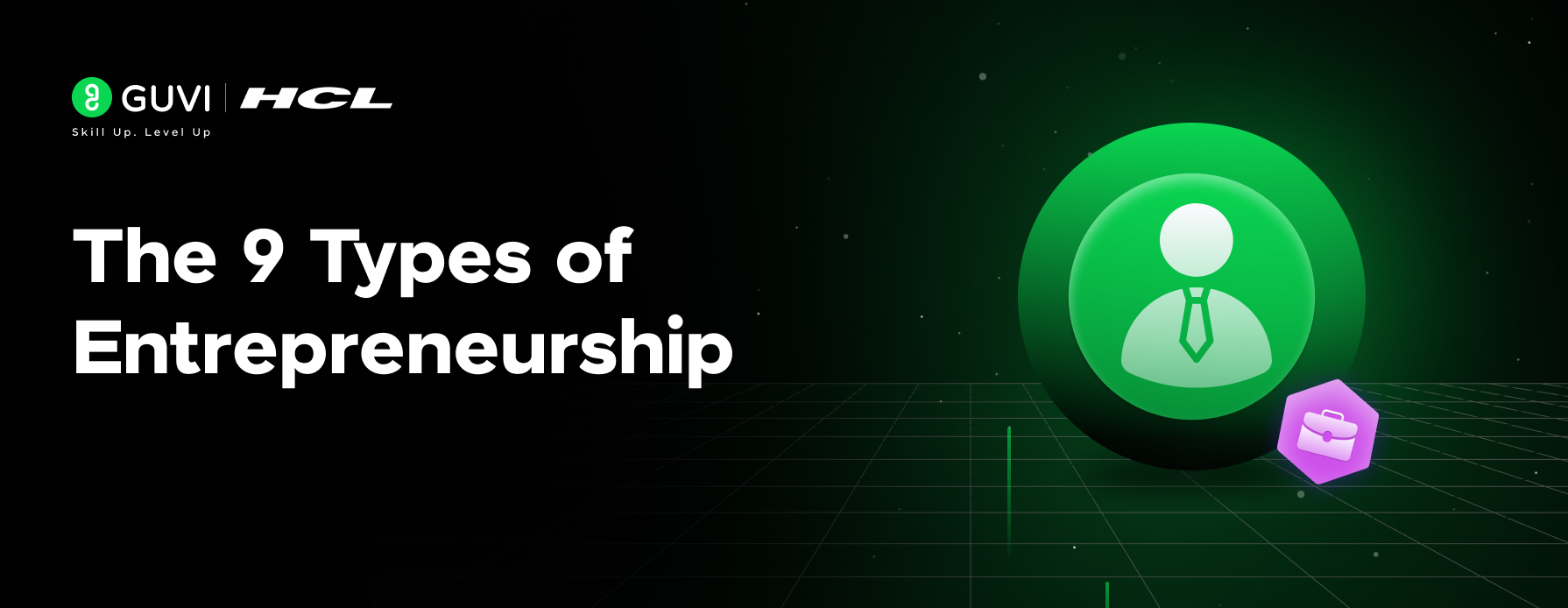
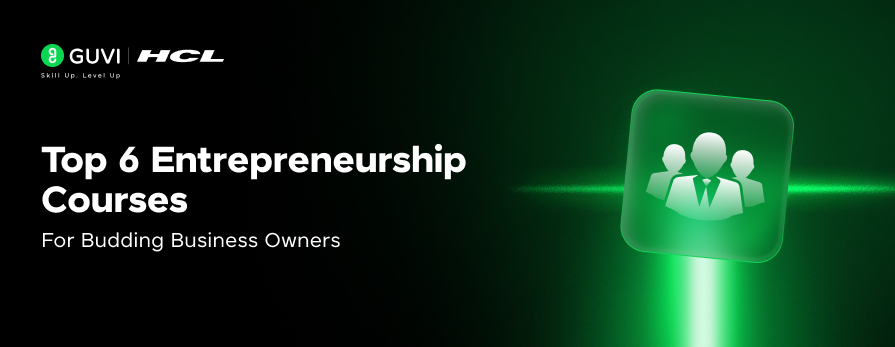
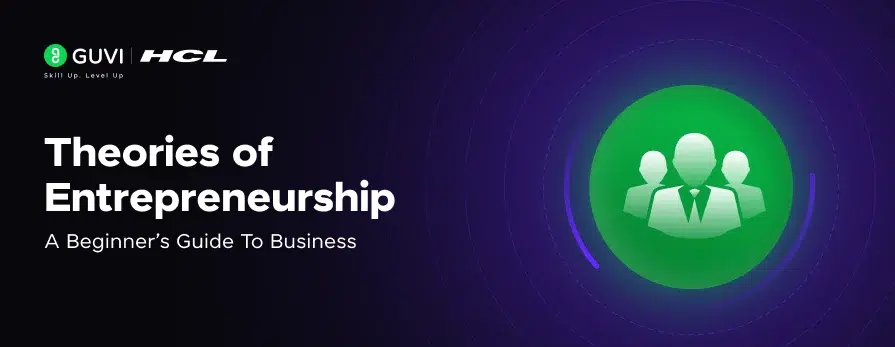
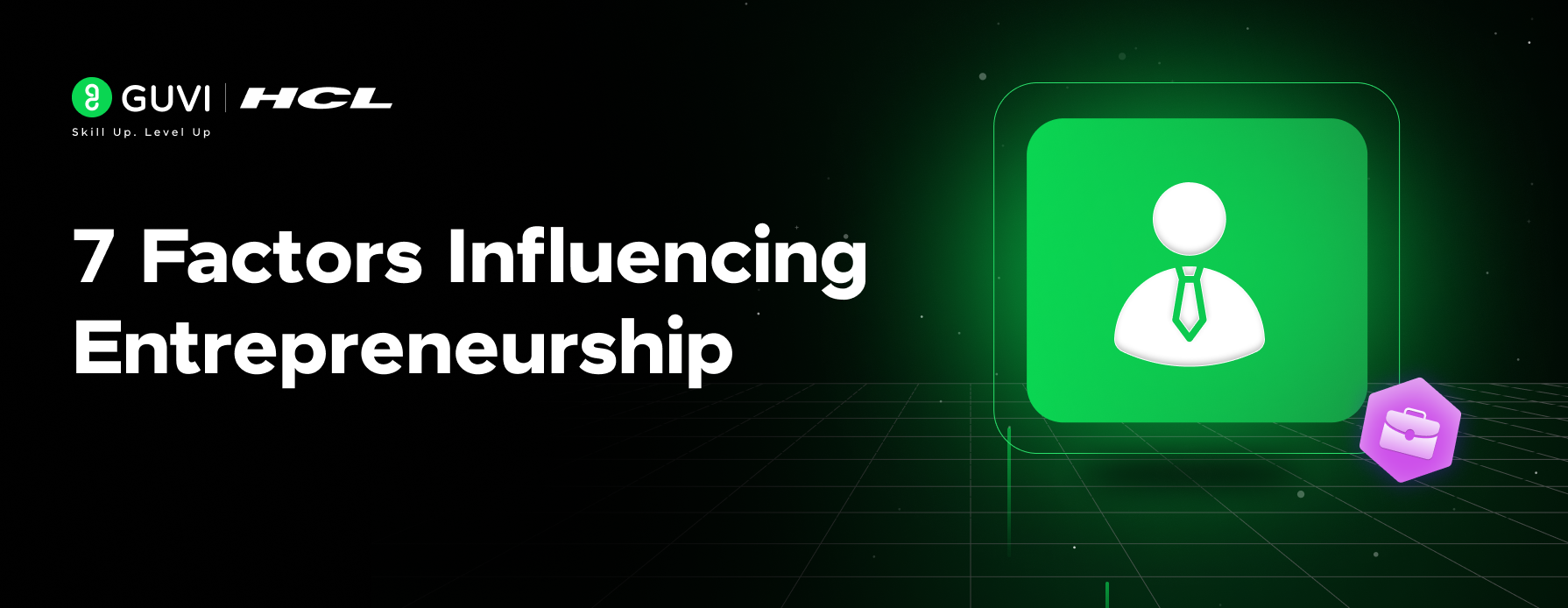
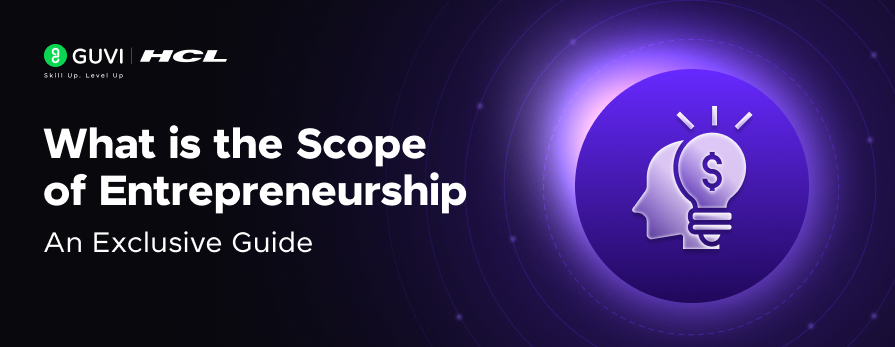
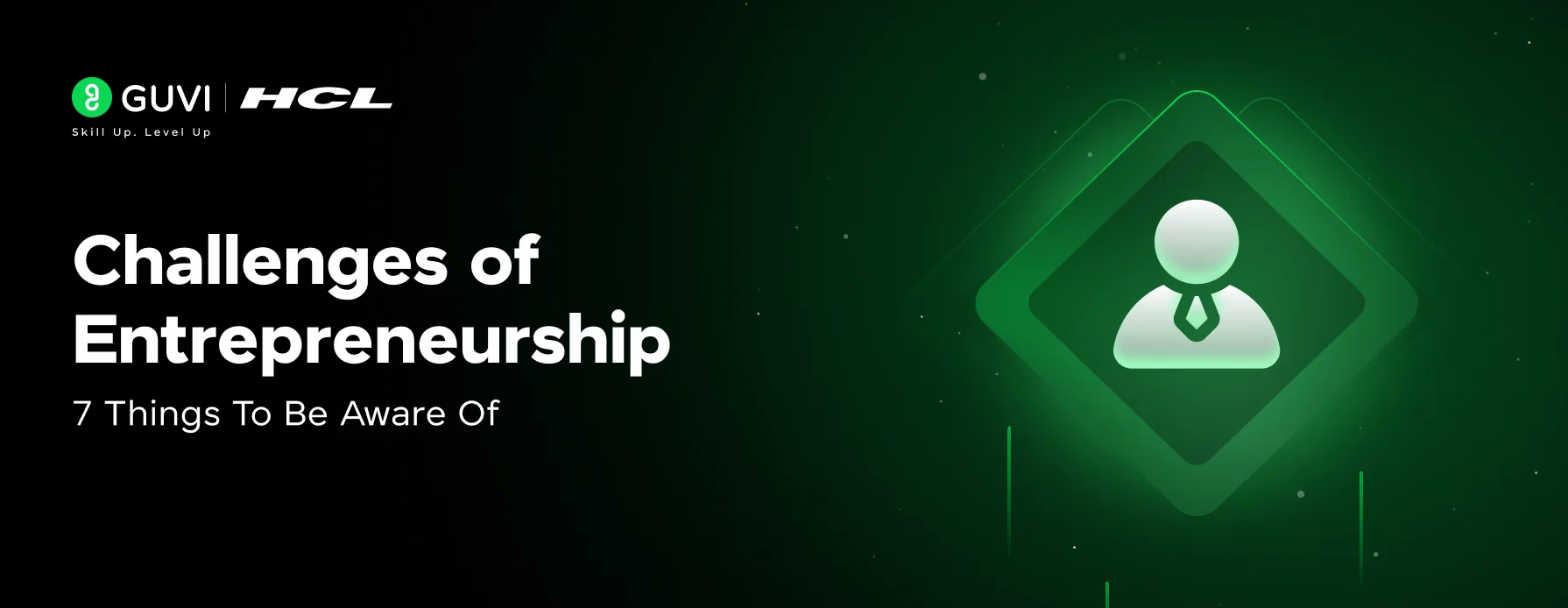





Thanks for giving such an amazing detail.